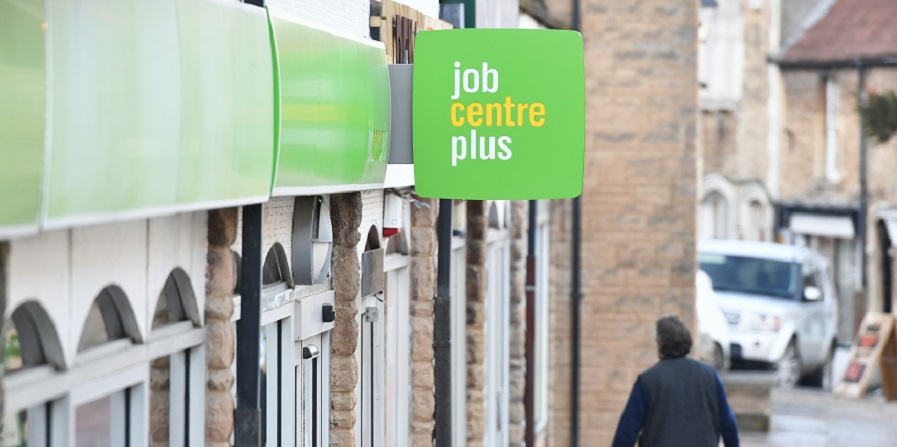Tax authority is piloting programmes to use data to identify people that may have been taken in by firms selling tax-avoidance initiatives
Credit: Images Money/CC BY 2.0
HM Revenue and Customs is exploring how it can better analyse live data to identify people who are being drawn into tax-avoidance schemes.
In evidence given to the Treasury Committee, the department’s director general for customer compliance Penny Ciniewicz told MPs that HMRC is clamping down on companies that promote tax-avoidance programmes and is funnelling more resources into pursuing the companies that promote them. HMRC has more than 100 investigations into promoters of these schemes underway, she said.
The tax authority is now piloting various new approaches ways to identify tax-avoidance schemes because they are rarely disclosed by the companies that sell them.
Included in these pilots is a programme of work monitoring Pay As You Earn and other “real-time” data for indications that people may be getting drawn into tax-avoidance schemes, before contacting them in an attempt to “steer them away”, she said.
Related content
- Automation makes work less taxing for HMRC
- HMRC floats £24m in contracts to support key digital platforms
- HMRC steps up no-deal prep by auto-enrolling traders in customs system
Of the 16 schemes that were disclosed last year via the Disclosure of Tax Avoidance Schemes mechanism, only five were proactively disclosed.
“We forced the disclosure of the others, and we’re intent on making the UK an uncomfortable place to be an avoidance promoter,” Ciniewicz said. “We’re very aware of the need to increase the amount of awareness in the population of the dangers of getting involved in avoidance – the message remains ‘If it looks too good to be true, then it probably is’ – and we are working our socks off really to tackle promoters who are selling avoidance schemes.”
Loan charge
The crackdown comes amid a growing furore over HMRC’s plans to implement the loan charge, a controversial tax-recovery scheme, next year. The charge will aim to recover tax from thousands of people who avoided tax using so-called disguised remuneration schemes, in which payments to around 50,000 people, mostly contractors and consultants, were disguised as loans that were never meant to be repaid, with any individual required to pay any outstanding loan charge liability or agree a payment plan by 31 January 2020.
HMRC’s plans to recover the tax and National Insurance contributions that would have been levied on these sums had they been paid normally have come under fire, as in many cases the payments date back many years. Critics have argued that people facing large, unexpected tax bills as a result are being forced into financial hardship and campaigners have said six people who have been contacted by HMRC in connection with the disguised-remuneration schemes have committed suicide.
Some 50,000 people stand to face the loan charge when it comes into force next April, of which around 19,000 have provided details to HMRC that would enable them to repay their debt before that date. That includes 8,000 people who have repaid their loans already, HMRC interim permanent secretary Jim Harra told the committee during the same evidence session.
An independent inquiry into the loan charge is underway and being led by former National Audit Office head Sir Amyas Morse.
Harra also confirmed that HMRC had referred four cases in which it had been informed that people it had contacted about disguised-remuneration schemes had committed suicide to the Independent Office for Police Conduct
In two cases, the watchdog concluded no further action was needed. HMRC had opened internal reviews led by a director “who is independent of the compliance group” charged with handling the loan charge, he said.
Asked whether he felt HMRC was taking too aggressive an approach to recovering the tax debts, Harra said he believed the agency’s debt-recovery approach was “reasonable”. He said people had been offered an instalment plan where they were unable to repay the full lump sum in one go.
However, he said this only happened when people were proactive about telling HMRC that they could not afford repayments. “It is the case that if we are unaware of the reasons someone is not paying their debt then we will take our standard recovery action,” he said.



